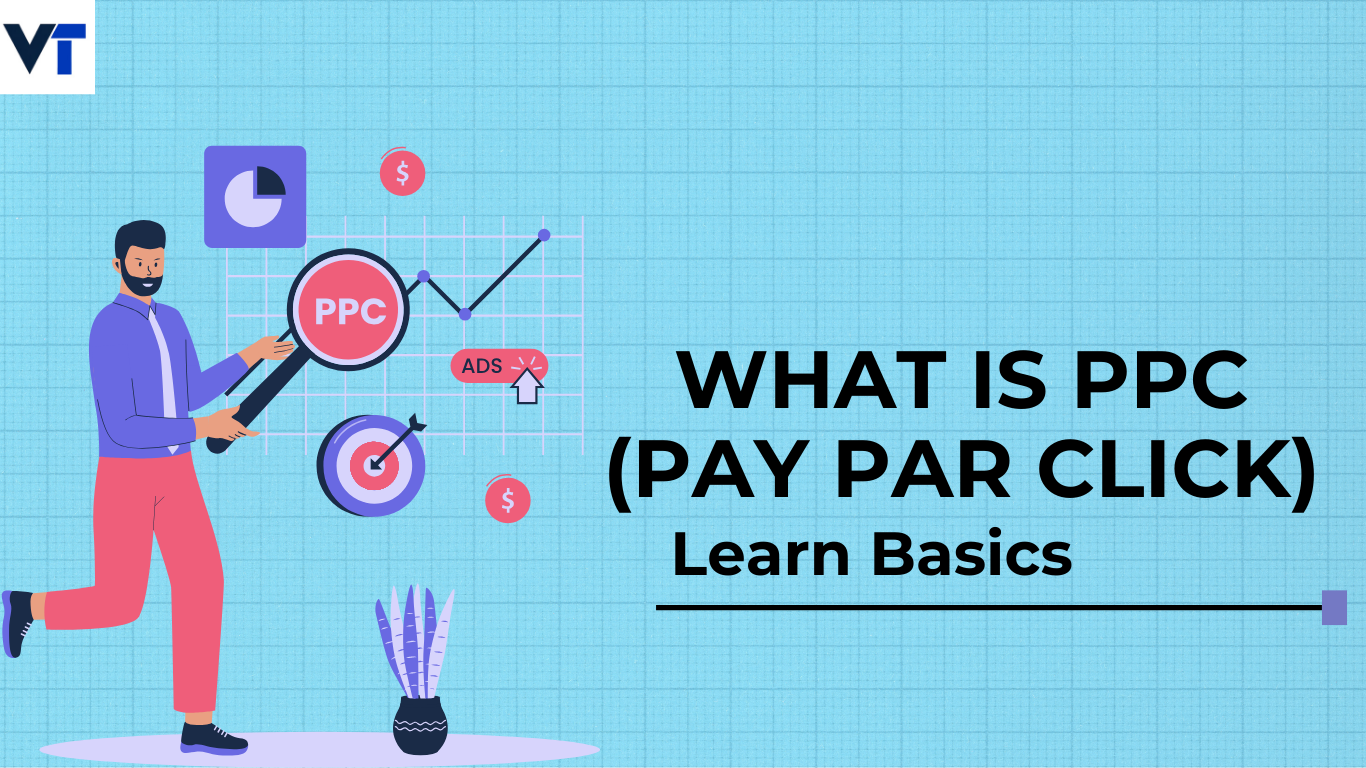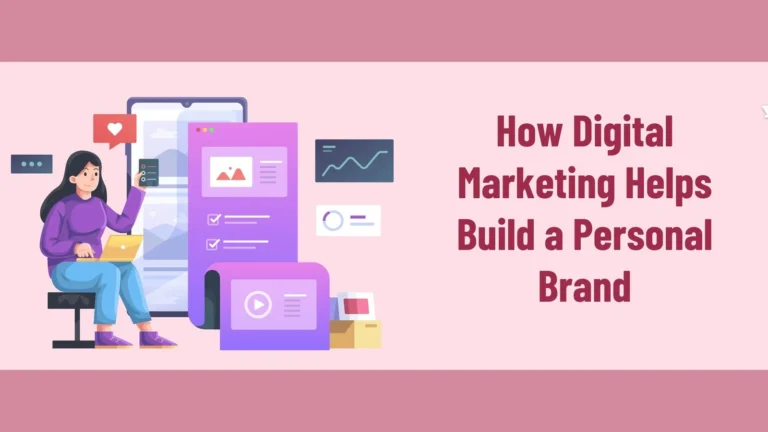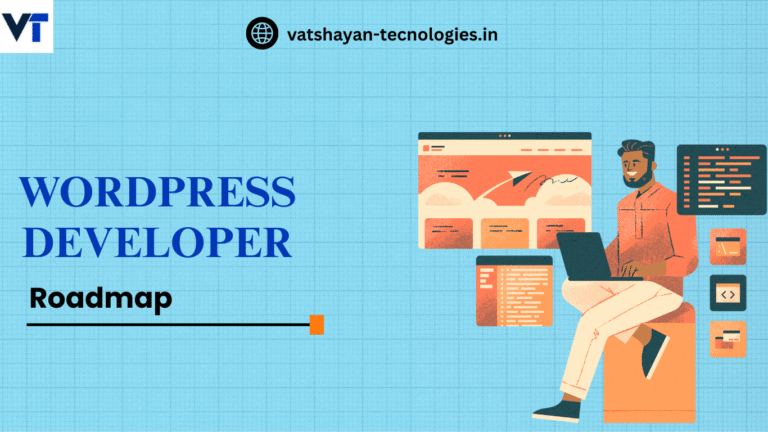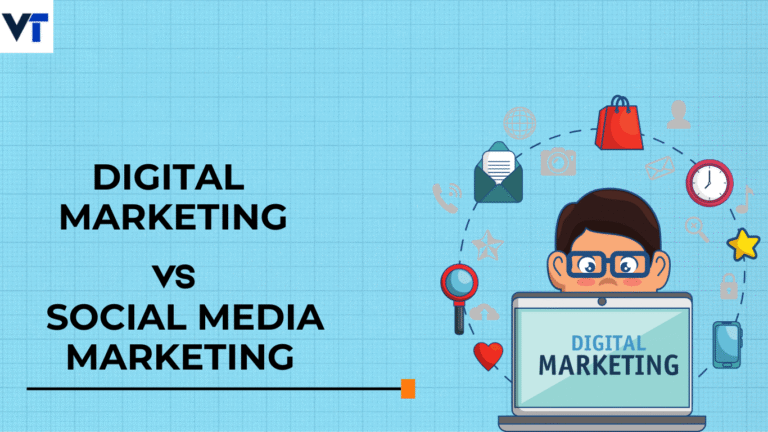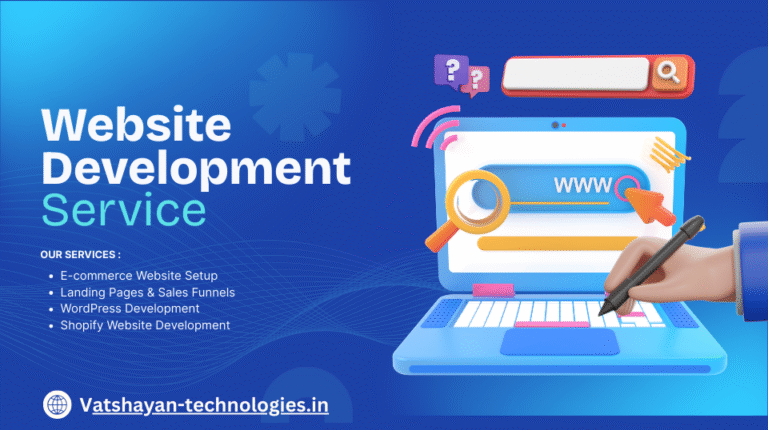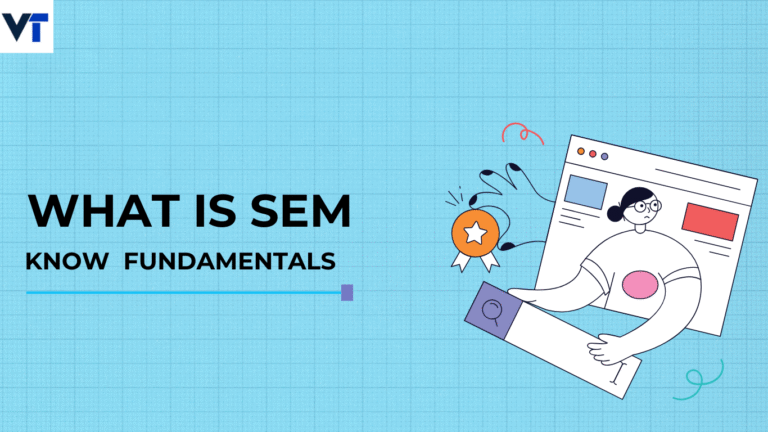What is PPC in Digital Marketing? Complete Pay-Per-Click Advertising Guide 2025
In today’s digital landscape, businesses need fast, measurable, and cost-effective ways to reach their audience. PPC (Pay-Per-Click) advertising has emerged as one of the most effective strategies to drive targeted traffic, generate leads, and boost conversions.
Unlike organic SEO that takes time, PPC allows businesses to get immediate visibility in search engines and other platforms. Whether you’re a small business owner, marketer, or beginner in digital marketing, understanding PPC is crucial for your online growth.
What is PPC?
Pay-Per-Click (PPC) is a type of online advertising where advertisers pay a fee each time their ad is clicked. Essentially, it’s a way of “buying visits” to your website rather than waiting for organic traffic.
PPC is commonly used on:
-
Search engines like Google and Bing
-
Social media platforms like Facebook, Instagram, LinkedIn
-
Display networks on websites across the internet
The main advantage is targeted traffic — your ads appear only to users actively searching or interested in your products/services.
How Does PPC Work?
PPC works on an auction system. Advertisers bid on keywords relevant to their business. When a user searches for those keywords, search engines display the most relevant ads in the sponsored section.
Key elements of PPC:
-
Keyword Selection: Choose words your potential customers are likely to search.
-
Ad Creation: Write engaging ad copy that attracts clicks.
-
Bid Management: Set the amount you’re willing to pay per click.
-
Targeting: Narrow down by location, device, demographics, or interests.
-
Analytics & Optimization: Track clicks, impressions, conversions, and ROI.
Types of PPC Advertising
-
Search Ads
-
Appear at the top or bottom of search engine results.
-
Example: Google Ads campaigns for “best running shoes online”.
-
-
Display Ads
-
Visual banners on websites that are part of a display network.
-
Useful for brand awareness and remarketing.
-
-
Social Media Ads
-
Ads on Facebook, Instagram, LinkedIn, and Twitter.
-
Target users based on demographics, interests, and behaviors.
-
-
Remarketing Ads
-
Target users who visited your website but didn’t convert.
-
Increases chances of conversion significantly.
-
-
Shopping Ads
-
E-commerce focused ads showing product images, prices, and reviews.
-
Example: Google Shopping Ads for “wireless headphones”.
-
-
Video Ads
-
Ads on YouTube or other platforms that play before or during video content.
-
Great for storytelling and brand engagement.
-
Benefits of PPC Advertising
-
Immediate Results: Unlike SEO, you can generate traffic from day one.
-
Targeted Reach: Ads reach users actively looking for your products.
-
Cost Control: You only pay when someone clicks your ad.
-
Measurable ROI: Track clicks, conversions, and cost per acquisition (CPA).
-
Brand Exposure: Even if users don’t click, your ad creates awareness.
Case Study Example: A small e-commerce store running Google Ads for “organic skincare products” reported a 40% increase in website traffic within the first month, with a 20% conversion rate from ad clicks.
Popular PPC Platforms
-
Google Ads: Largest search engine PPC platform; supports search, display, shopping, and video campaigns.
-
Bing Ads: Less competition, lower CPC, good for niche targeting.
-
Facebook Ads: Social media PPC with advanced targeting options.
-
Instagram Ads: Visual-first platform ideal for lifestyle or e-commerce brands.
-
LinkedIn Ads: Best for B2B targeting professionals, decision-makers, and companies.
-
YouTube Ads: Video marketing platform with high engagement potential.
How to Create a Successful PPC Campaign
-
Keyword Research:
Use tools like Google Keyword Planner, SEMrush, or Ahrefs to find high-intent keywords. -
Ad Copywriting:
Write compelling headlines, include call-to-action (CTA), and focus on user benefits. -
Landing Page Optimization:
Ensure landing pages are relevant, fast-loading, and mobile-friendly to boost conversions. -
Budget Management:
Set daily or monthly limits and adjust bids based on performance. -
Conversion Tracking:
Use Google Analytics or Facebook Pixel to monitor clicks, leads, and sales. -
Continuous Optimization:
A/B test ad variations, keywords, and targeting to improve ROI.
Pro Tip: Negative keywords prevent your ad from showing to irrelevant searches, saving your budget.
Common PPC Mistakes to Avoid
-
Ignoring negative keywords
-
Poor landing page design
-
Overlooking mobile optimization
-
Not tracking conversions or ROI
-
Targeting overly broad or irrelevant keywords
-
Ignoring ad extensions and additional features
Advanced PPC Strategies
-
Remarketing: Re-engage visitors who didn’t convert.
-
Geotargeting: Focus on local or regional markets for better relevance.
-
Ad Scheduling: Display ads at times when users are most likely to engage.
-
Dynamic Search Ads: Automatically target searches based on your website content.
-
Audience Segmentation: Customize ads for different user groups.
Conclusion
PPC in Digital Marketing is essential for businesses wanting fast, measurable, and highly targeted results. With proper keyword research, strategic ad creation, and continuous optimization, PPC campaigns can drive quality traffic, increase conversions, and boost ROI.
Whether you are a beginner or an experienced marketer, mastering PPC is key to a successful digital marketing strategy in 2025 and beyond.
SEO Elements (WordPress Ready)
-
Focus Keyword: PPC in Digital Marketing
-
Meta Title: What is PPC in Digital Marketing? Pay-Per-Click Advertising Guide
-
Meta Description (156 characters): Learn everything about PPC in digital marketing, including types, benefits, strategies, and tips to run successful pay-per-click campaigns.
-
H1: What is PPC in Digital Marketing?
-
H2: What is PPC? | How Does PPC Work? | Types of PPC Advertising | Benefits of PPC | Popular PPC Platforms | How to Create a Successful PPC Campaign | Common PPC Mistakes | Advanced PPC Strategies | Conclusion
-
Internal Links Suggestions:
-
Link to blog on “Digital Marketing Strategies”
-
Link to “SEO vs PPC” article
-
-
Outbound Link Suggestion:

